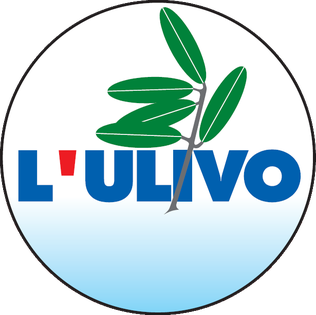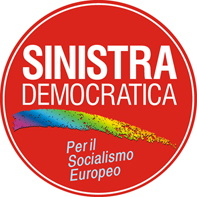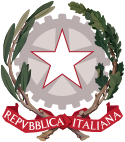 |
|---|
| This article is part of a series on the politics and government of Italy |
| Constitution |
|
| Foreign relations |
Related topics |
The 1993 Italian local elections were held on 6 and 20 June, on 21 November and 5 December. [1] It was the first time where citizens could vote both for the mayor and the city council.
Contents
The elections were won by the Democratic Party of the Left, led by Achille Occhetto and his centre-left to left-wing alliance. But the elections were also characterized by a strong aftermath of Lega Nord in Northern Italy and the Italian Social Movement in Central and Southern Italy.

The Democratic Party of the Left was a democratic-socialist and social-democratic political party in Italy. Founded in February 1991 as the post-communist evolution of the Italian Communist Party, the party was the largest in the Alliance of Progressives and The Olive Tree coalitions. In February 1998, the party merged with minor parties to form Democrats of the Left.
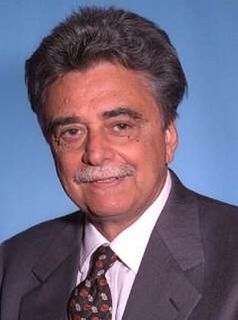
Achille Occhetto, is an Italian political figure. He served as the last secretary-general of the Italian Communist Party (PCI) between 1988 and 1991, and the first leader of the Democratic Party of the Left (PDS), the parliamentary socialist successor of the PCI, from 1991 to 1994.

Lega Nord, whose complete name is Lega Nord per l'Indipendenza della Padania, is a right-wing regionalist political party in Italy. In the run-up of the 2018 general election, the party was rebranded as Lega (League) without changing its official name in the party's statute. The party was nonetheless frequently referred to only as "Lega" even before the rebranding. The LN is also often referred to as Carroccio by the Italian media.
These elections caused the end of the traditional parties which ruled Italy for almost fifty years, like the Christian Democracy, the Socialist Party, the Democratic Socialist Party, the Republican Party and the Liberal Party.
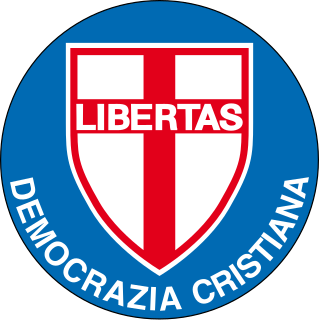
Christian Democracy was a Christian democratic political party in Italy.

The Italian Socialist Party was a socialist and later social-democratic political party in Italy. Founded in Genoa in 1892, the PSI dominated the Italian left until after World War II, when it was eclipsed in status by the Italian Communist Party. The Socialists came to special prominence in the 1980s, when their leader Bettino Craxi, who had severed the residual ties with the Soviet Union and re-branded the party as liberal-socialist, served as Prime Minister (1983–1987). The PSI was disbanded in 1994 as a result of the Tangentopoli scandals. Prior to World War I, future dictator Benito Mussolini was a member of the PSI.

The Italian Democratic Socialist Party was a minor social-democratic political party in Italy. The PSDI, before the 1990s decline in votes and members, had been an important force in Italian politics, being the longest serving partner in government for Christian Democracy. The party's founder and longstanding leader was Giuseppe Saragat, who served as President of the Italian Republic from 1964 to 1971.


